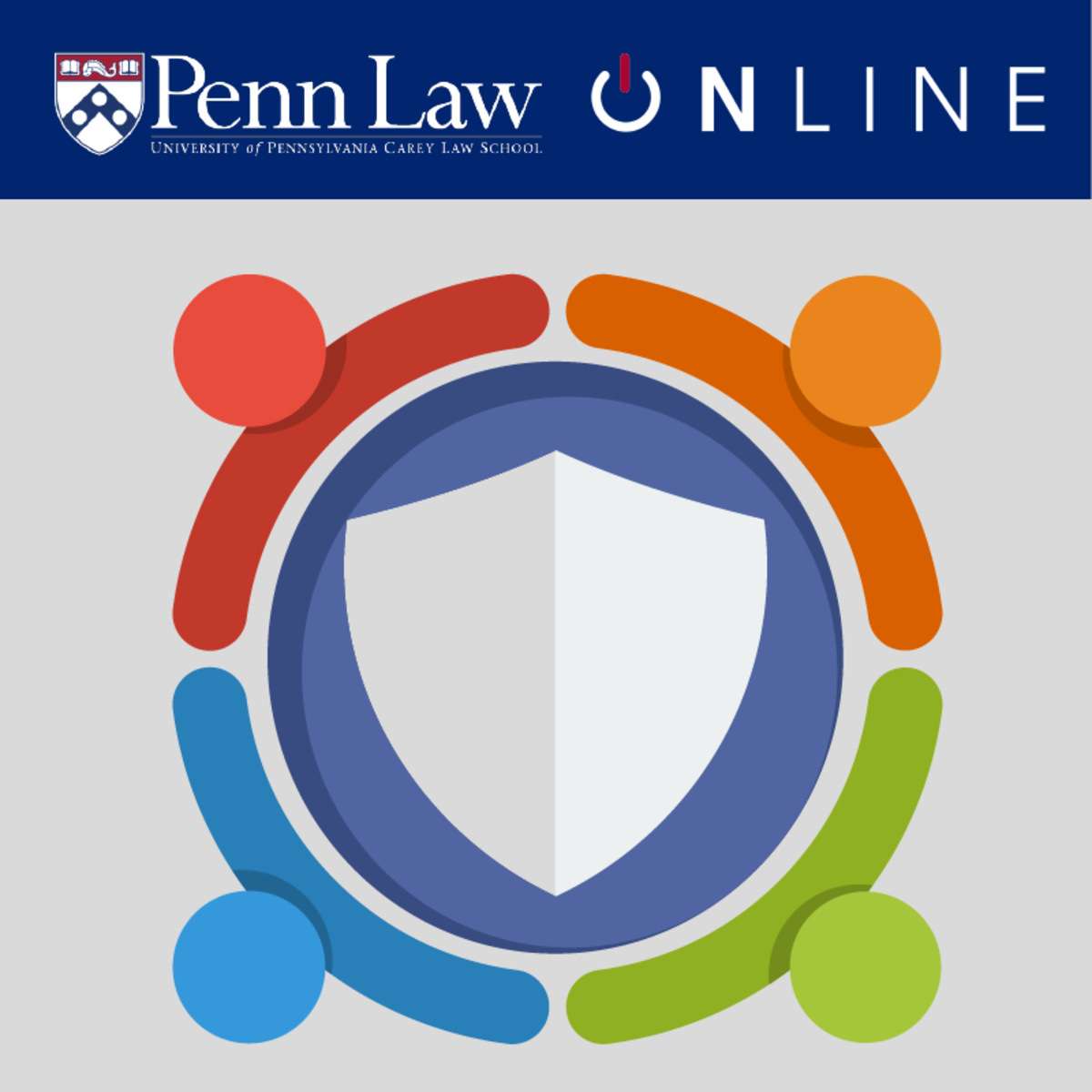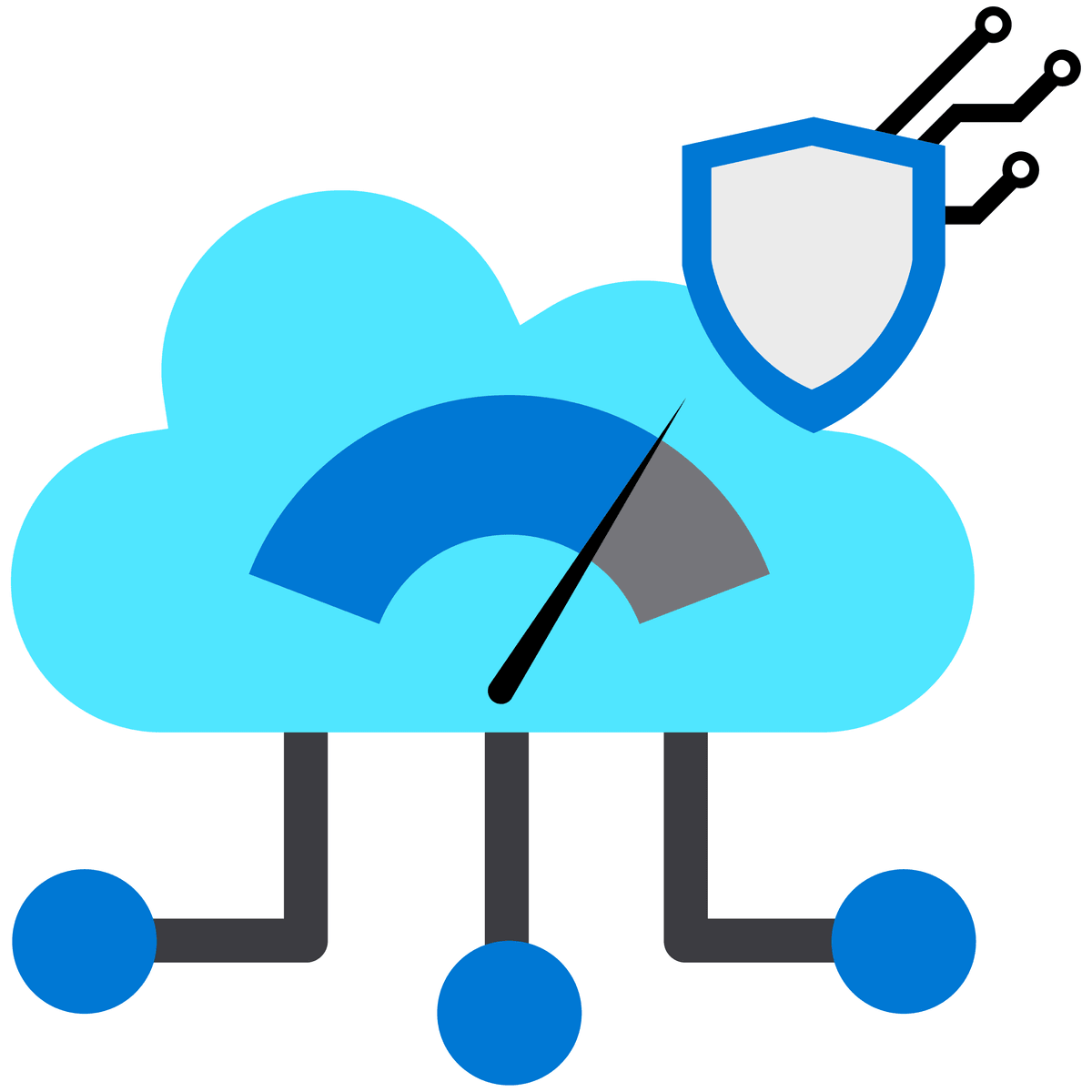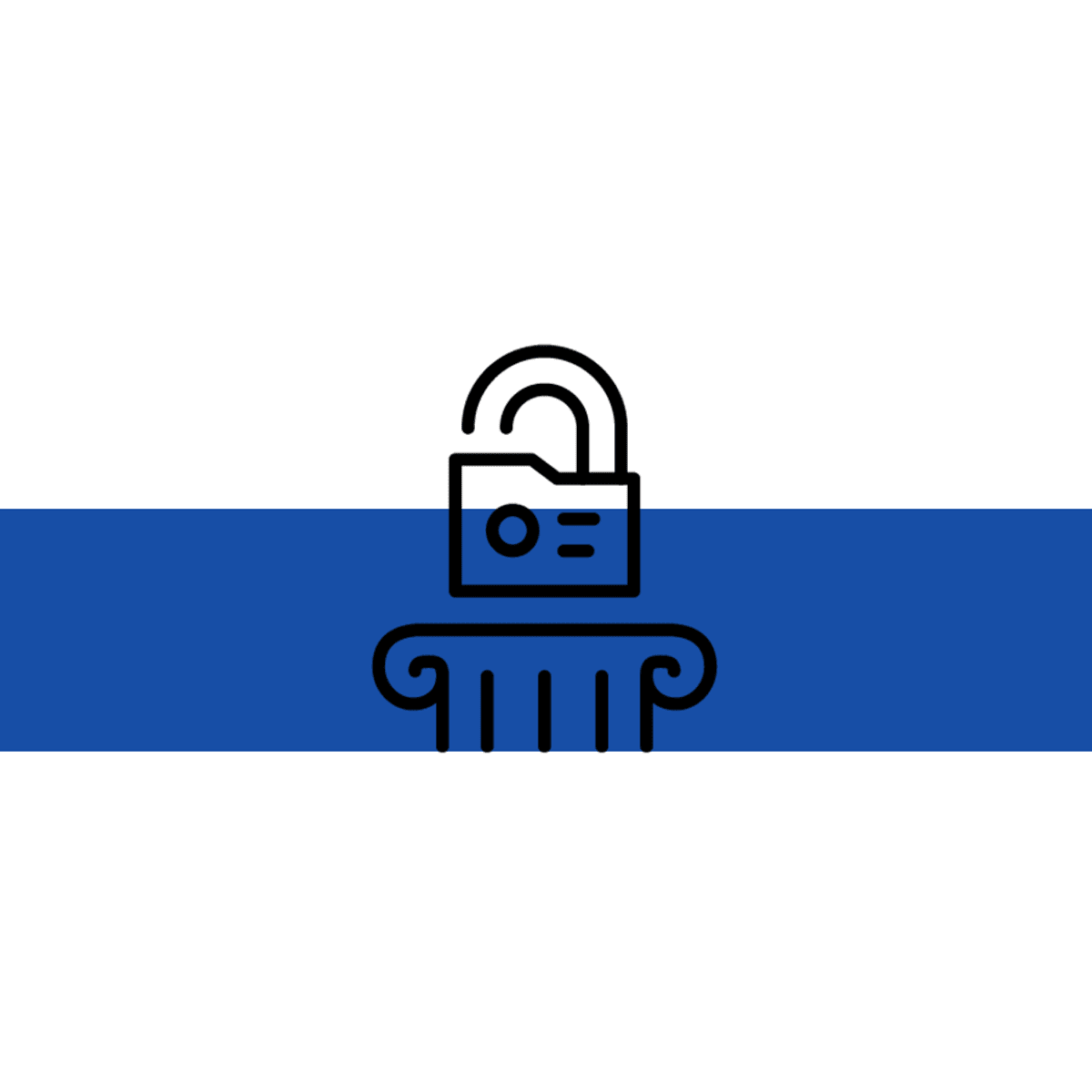Security Auditor
Exploring a Career as a Security Auditor
A Security Auditor is a specialized professional who examines and assesses the security measures of an organization's information systems. Their primary goal is to identify vulnerabilities, ensure compliance with regulations and internal policies, and recommend improvements to protect digital assets from threats. Think of them as the guardians of an organization's digital fortress, constantly checking for weaknesses and ensuring the defenses are strong and up-to-date.
Working as a Security Auditor can be engaging for those who enjoy analytical challenges and problem-solving. You'll often act like a detective, digging into complex systems to uncover hidden risks. The role also involves staying current with the latest cybersecurity threats and technologies, making it a dynamic field for lifelong learners. Collaborating with various teams and explaining technical findings to non-technical stakeholders adds a layer of interpersonal interaction that many find rewarding.
The field emerged significantly in the 1990s with the rise of tech crimes and exploded during the internet boom of the early 2000s. As cyber threats become more sophisticated, the demand for skilled Security Auditors continues to grow, offering a potentially stable and impactful career path.
What Does a Security Auditor Do?
A Look at Daily Tasks
The day-to-day life of a Security Auditor involves a variety of tasks focused on evaluating and enhancing an organization's security posture. A significant part of the role involves conducting security audits, which means inspecting and evaluating existing cybersecurity practices, policies, and technical controls. This often includes performing vulnerability assessments and penetration tests to actively seek out weaknesses in networks, systems, and applications.
Auditors spend time ensuring the organization adheres to relevant laws, regulations, and industry standards, such as GDPR, HIPAA, or ISO 27001. This involves reviewing documentation, interviewing personnel, and testing controls. They meticulously document their findings, including any identified vulnerabilities, compliance gaps, or incidents of intrusion.
Generating detailed reports is another key daily activity. These reports communicate the audit results, potential risks, and actionable recommendations for improvement to both technical teams and management. Auditors often collaborate closely with IT departments and other stakeholders to develop and implement mitigation strategies.
Industries and Work Environments
Security Auditors are vital across numerous sectors due to the universal need for data protection and system integrity. Finance companies, healthcare organizations, government agencies, and technology firms are common employers, each having specific regulatory requirements and high-value data to protect. You might find auditors working within large corporations, specialized consulting firms, or even as independent contractors.
The work environment can vary. Some auditors work primarily on-site, interacting directly with the systems and people they are auditing. Others might work remotely, especially when auditing cloud infrastructure or conducting assessments based on documentation and remote testing. The role often demands a blend of independent analysis and teamwork.
Organizations ranging from small businesses to large multinational corporations employ Security Auditors. Their expertise is crucial wherever sensitive data is handled or where compliance with security standards is mandated. The increasing reliance on digital infrastructure ensures a broad and growing range of opportunities across different industries.
Collaboration and Communication
Effective collaboration is central to a Security Auditor's success. Auditors frequently work alongside IT administrators, network engineers, software developers, and security analysts to understand system configurations and security measures. They need to gather information, discuss potential vulnerabilities, and verify the implementation of controls.
Communication skills are equally important. Auditors must clearly articulate complex technical findings and risks to diverse audiences, including non-technical managers and executives. This involves writing comprehensive reports, delivering presentations, and sometimes negotiating the priority and implementation of security recommendations.
Building trust and maintaining professional relationships with stakeholders is key. Whether acting as an internal auditor or an external consultant, the auditor's goal is to provide objective assessments and constructive feedback to help the organization improve its security posture.
Key Responsibilities of a Security Auditor
Conducting Risk Assessments and Testing
A core responsibility of a Security Auditor is performing thorough risk assessments. This involves identifying potential threats to an organization's information assets, evaluating existing security controls, and determining the likelihood and impact of potential breaches. The goal is to understand the overall risk landscape and prioritize areas for improvement.
Penetration testing, or "pentesting," is often part of the auditor's toolkit, although it's sometimes performed by specialized penetration testers. This involves simulating cyberattacks to find exploitable vulnerabilities in networks, systems, and applications. Auditors may use various tools and techniques to probe defenses, mimicking the actions of malicious actors to test the effectiveness of security measures.
Vulnerability scanning is another common task, using automated tools to identify known weaknesses in software and configurations. Auditors analyze the results of these scans and tests to pinpoint specific security gaps that need addressing.
These courses provide insights into the tools and techniques used for assessing security and responding to incidents.
Understanding how to assess web applications is crucial for many auditors.
Ensuring Regulatory Compliance
Security Auditors play a critical role in ensuring organizations comply with a complex web of laws, regulations, and industry standards. Depending on the industry and geographic location, this might include standards like ISO 27001 (Information Security Management), GDPR (General Data Protection Regulation), HIPAA (Health Insurance Portability and Accountability Act), PCI DSS (Payment Card Industry Data Security Standard), or SOX (Sarbanes-Oxley Act).
Auditors must possess a deep understanding of these frameworks and how they apply to the organization's specific context. They evaluate whether the organization's policies, procedures, and technical controls meet the requirements laid out in these standards. This often involves reviewing documentation, interviewing staff, and examining system configurations and logs.
Failure to comply can result in significant fines, legal action, and reputational damage. Auditors help organizations avoid these consequences by identifying compliance gaps and recommending corrective actions. Staying updated on evolving regulations is a continuous part of the job, as requirements frequently change.
These courses cover key compliance frameworks and privacy laws relevant to security auditors.
Understanding data privacy regulations is essential in today's global environment.
Documenting Findings and Recommending Solutions
After conducting assessments and tests, a Security Auditor meticulously documents all findings. This includes detailing identified vulnerabilities, weaknesses in controls, instances of non-compliance, and any observed security incidents or attempts. Clear, accurate, and thorough documentation is essential for demonstrating the basis of the audit conclusions.
Based on these findings, the auditor develops practical and actionable recommendations for mitigation. These recommendations aim to address the identified risks, close security gaps, and improve the overall security posture. Recommendations should be specific, measurable, achievable, relevant, and time-bound (SMART) whenever possible.
The final step involves presenting these findings and recommendations in a formal audit report. This report is typically shared with management, IT teams, and other relevant stakeholders. The auditor must communicate complex technical information in a way that is understandable and highlights the business impact of the risks involved, facilitating informed decision-making on remediation efforts.
Essential Skills for Security Auditors
Technical Proficiency
A strong foundation in technical skills is crucial for a Security Auditor. This includes a deep understanding of computer networks, operating systems (like Windows and Linux), databases (like Oracle and MySQL), and system architecture. Knowledge of network security principles, including firewalls, intrusion detection/prevention systems (IDPS), and encryption protocols, is fundamental.
Familiarity with cybersecurity tools is also necessary. Auditors frequently use vulnerability scanners (Nessus, Qualys), penetration testing tools (Metasploit, Burp Suite), and Security Information and Event Management (SIEM) systems (Splunk, ArcSight). Understanding cryptography concepts helps in evaluating data protection measures.
While deep programming skills aren't always mandatory, basic knowledge of scripting languages like Python can be beneficial for automating tasks or understanding potential code vulnerabilities. Familiarity with cloud computing platforms (AWS, Azure, Google Cloud) is increasingly important as more organizations move their infrastructure to the cloud.
These courses can help build foundational and specialized technical skills for security auditing.
For those looking to deepen their technical expertise, these books offer valuable insights.
Crucial Soft Skills
Beyond technical expertise, certain soft skills are vital for Security Auditors. Attention to detail is paramount, as auditors must meticulously examine complex systems and documentation to identify subtle flaws or inconsistencies. Strong analytical and critical thinking skills are needed to interpret data, assess risks accurately, and develop effective solutions.
Excellent communication skills, both written and verbal, are essential. Auditors must clearly explain technical concepts and findings to non-technical audiences, write comprehensive reports, and effectively collaborate with various teams. Problem-solving abilities help in devising practical recommendations to address identified security issues.
Ethical judgment and integrity are non-negotiable. Auditors often handle sensitive information and must maintain confidentiality and objectivity. They need the ability to remain impartial and make unbiased assessments, even when facing pressure. Self-motivation and adaptability are also important, as the threat landscape and technology constantly evolve.
Analytical and Compliance Acumen
Security Auditors need strong analytical skills to interpret complex information, including technical data, logs, policies, and regulatory requirements. They must be able to connect disparate pieces of information to understand the bigger picture of an organization's security posture and risk exposure.
A key part of the role involves understanding and interpreting various compliance frameworks and regulations (like ISO 27001, HIPAA, GDPR, SOX). Auditors must analyze how these standards apply to the organization and evaluate adherence based on evidence gathered during the audit.
This requires not just understanding the letter of the law or standard, but also its intent and how it translates into practical security controls and processes. The ability to assess the effectiveness of controls, rather than just their presence, is a hallmark of a skilled auditor.
Formal Education Pathways
Relevant Undergraduate Degrees
While paths into security auditing vary, a bachelor's degree is often considered the standard entry point. Degrees in Cybersecurity, Computer Science, Information Technology, or Information Systems provide a strong technical foundation. These programs typically cover essential topics like networking, operating systems, programming, database management, and foundational security principles.
Coursework in these areas helps aspiring auditors understand the systems and technologies they will eventually evaluate. Some programs offer specializations or tracks specifically in cybersecurity or information assurance, which can be particularly beneficial. Internships completed during undergraduate studies provide valuable practical experience and networking opportunities.
Even degrees in related fields like engineering or business can be relevant, especially if supplemented with specific cybersecurity coursework or certifications. The key is building a solid understanding of IT infrastructure and security concepts.
These courses offer foundational knowledge relevant to undergraduate studies in cybersecurity and related fields.
Graduate Programs and Specializations
For those seeking advanced roles or deeper specialization, a master's degree can be advantageous. Programs in Cybersecurity, Information Assurance, Information Security Management, or even specialized MBA concentrations can enhance knowledge and career prospects. These programs often delve into more advanced topics like risk management, security governance, compliance frameworks, cryptography, and security architecture.
A master's degree can provide specialized knowledge in areas like audit management, compliance strategy, or advanced penetration testing techniques. It can also help meet the experience requirements for certain high-level certifications more quickly. Some leadership roles, such as Information Security Manager or Chief Information Security Officer (CISO), may favor candidates with graduate degrees.
These advanced programs often incorporate research components or capstone projects, allowing students to tackle complex real-world security problems and contribute to the field's knowledge base.
This course covers security management and governance, often topics in graduate programs.
Research Areas in Cybersecurity Auditing
Doctoral (PhD) programs related to cybersecurity offer opportunities for deep research that can impact audit methodologies and practices. Research areas might include developing novel techniques for automated vulnerability detection using AI and machine learning, improving the efficiency and accuracy of compliance audits, or creating new frameworks for assessing security in emerging technologies like IoT or blockchain.
PhD research could explore the psychological aspects of security compliance, the economics of cybersecurity investments, or the legal and ethical implications of advanced surveillance and auditing techniques. Contributions in these areas can advance the field, influencing how organizations approach security auditing and risk management.
While a PhD is not typically required for most security auditing roles, it opens doors to careers in academia, advanced research institutions, or high-level consulting positions focused on cutting-edge security challenges.
These courses touch upon advanced topics sometimes explored in research, like specific attack vectors or security in newer technologies.
Online Learning and Skill Development
Transitioning via Self-Paced Learning
For career pivoters or those without a traditional computer science background, online learning offers a flexible and accessible pathway into security auditing. Numerous online courses, bootcamps, and certification programs cover the necessary technical skills and theoretical knowledge. Platforms like OpenCourser aggregate vast libraries of these resources, making it easier to find relevant learning materials.
Self-paced learning allows individuals to study around existing work or personal commitments. It requires discipline and self-motivation, but it can be an effective way to acquire foundational knowledge in networking, operating systems, security principles, and specific audit frameworks. Many online courses offer hands-on labs and projects, providing practical experience.
Building a strong foundation through online resources can prepare individuals for entry-level IT or security roles, which serve as stepping stones toward a security auditor position. Supplementing online learning with networking and seeking mentorship can further aid the transition.
OpenCourser's Learner's Guide offers tips on structuring self-paced learning and maximizing the benefits of online courses.
These courses are beginner-friendly introductions available online.
This book focuses on practical aspects of information security, useful for self-learners.
Certifications and Hands-On Experience
While theoretical knowledge is important, practical skills and recognized certifications significantly boost credibility in the security auditing field. Certifications like the Certified Information Systems Auditor (CISA), Certified Information Systems Security Professional (CISSP), CompTIA Security+, or Certified Information Security Manager (CISM) are highly valued by employers.
Online courses often include preparation materials for these certification exams. However, certifications typically require verified work experience in addition to passing an exam. Therefore, gaining hands-on experience is crucial. This can be achieved through entry-level IT roles, internships, volunteer work, or personal projects.
Setting up home labs using virtualization software allows learners to practice configuring systems, deploying security tools, and simulating attacks in a safe environment. Contributing to open-source security projects or participating in Capture The Flag (CTF) competitions can also provide valuable practical experience.
These resources focus on certification preparation and practical skills often emphasized in certifications.
This study guide is a popular resource for the CompTIA Security+ certification.
Building an Audit-Focused Portfolio
Creating a portfolio showcasing practical skills and projects can significantly strengthen a job application, especially for those transitioning into the field. This portfolio can include documentation from home lab projects, analyses of CTF challenges, contributions to open-source tools, or even sample audit reports based on public case studies or hypothetical scenarios.
Using open-source auditing and security tools (Nmap, Wireshark, OpenVAS) in personal projects demonstrates familiarity with the tools of the trade. Documenting the process, findings, and recommendations from these projects mirrors the work of a professional auditor.
Sharing insights or project summaries on platforms like LinkedIn or a personal blog can also increase visibility and demonstrate passion for the field. A well-curated portfolio provides tangible evidence of skills that complements formal education and certifications.
These courses cover ethical hacking and relevant tools, skills often demonstrated in portfolios.
Career Progression for Security Auditors
Entry-Level Opportunities
Most individuals don't start directly as Security Auditors but transition after gaining experience in related IT or security roles. Common entry points include positions like IT Support Specialist, Network Administrator, Systems Administrator, or Junior Security Analyst. These roles provide foundational experience with IT infrastructure, operations, and basic security practices.
Some organizations may have specific entry-level audit roles, such as Junior IT Auditor or IT Compliance Analyst. These positions typically involve assisting senior auditors with tasks like evidence gathering, control testing, documentation review, and report preparation. They offer a direct pathway into the auditing specialization.
Gaining 3-5 years of experience in these foundational roles is often considered necessary before moving into a dedicated Security Auditor position. Obtaining relevant certifications like CompTIA Security+ or CISA during this time can accelerate the transition.
These courses cover foundational security operations and analysis relevant to entry-level roles.
Mid-Career Paths and Specialization
Once established as a Security Auditor, various mid-career paths and specialization opportunities open up. Auditors can deepen their expertise in specific industries like finance (FinTech security auditing), healthcare (HIPAA compliance auditing), or government sectors. Specialization can lead to higher demand and potentially higher salaries.
Auditors might also specialize in particular types of audits, such as cloud security audits, application security assessments, network penetration testing, or audits focused on specific regulations (e.g., GDPR expert). Some auditors move into roles like Security Consultant, advising multiple clients on security best practices and compliance strategies.
Mid-career auditors often take on more complex audit projects, lead audit teams, and mentor junior staff. Certifications like CISSP or CISM become increasingly valuable at this stage. Continuous learning is essential to keep pace with evolving technologies and threats.
These resources focus on skills and roles often pursued by mid-career professionals.
Advancement to Leadership Roles
Experienced Security Auditors with strong leadership skills can advance to senior management positions. Roles like Senior Security Auditor, IT Audit Manager, or Information Security Manager involve overseeing audit programs, managing teams, developing audit strategies, and reporting findings to executive leadership.
Further advancement can lead to executive positions such as Director of Information Security or Chief Information Security Officer (CISO). CISOs are responsible for the overall information security strategy and posture of an organization, managing significant budgets and teams, and interacting directly with the board of directors.
These leadership roles require a blend of deep technical understanding, strategic thinking, business acumen, and excellent communication skills. Advanced degrees (like a Master's) and certifications (like CISM or CISSP) are often preferred or required for these senior positions. The path involves demonstrating consistent performance, leadership potential, and a comprehensive understanding of risk management within the business context.
This handbook covers organizational development, relevant for leadership roles.
Industry Trends Impacting Security Auditors
AI and Machine Learning in Auditing
Artificial intelligence (AI) and machine learning (ML) are increasingly influencing the field of security auditing. These technologies can automate routine tasks, such as analyzing vast amounts of log data to detect anomalies or potential threats more efficiently than humans. AI-powered tools can assist in continuous monitoring and real-time auditing, shifting from periodic checks to ongoing assessment.
AI can enhance vulnerability scanning and risk prediction, helping auditors prioritize efforts more effectively. However, the rise of AI also presents new challenges. Auditors need to understand how to audit AI systems themselves, ensuring their fairness, transparency, and security. As cybercriminals also leverage AI for more sophisticated attacks, auditors must adapt their techniques accordingly.
The integration of AI requires auditors to develop new skills related to data analysis and understanding AI algorithms. While AI may automate some tasks, the need for human judgment, critical thinking, and ethical oversight in auditing remains crucial. According to some experts, AI is expected to boost job efficiency for cybersecurity professionals, including auditors, rather than replace them entirely in the near future.
This course touches upon responding to phishing using automation tools.
Demand for Cloud Security Expertise
As organizations migrate more infrastructure and data to cloud environments (AWS, Azure, Google Cloud), the demand for auditors with specialized cloud security knowledge is surging. Cloud environments present unique security challenges related to shared responsibility models, configuration management, identity and access management (IAM), and securing containerized or serverless applications.
Auditors need to understand cloud-native security tools and services provided by cloud platforms. They must be able to assess the security of cloud configurations, evaluate compliance within cloud environments, and audit processes related to data storage, processing, and transfer in the cloud.
Expertise in frameworks specific to cloud security, such as those from the Cloud Security Alliance (CSA), is highly valuable. The shift to multi-cloud and hybrid environments further complicates audits, requiring auditors to understand security across diverse platforms. Regular cloud security audits are becoming a critical component of corporate strategy.
This course focuses specifically on securing cloud environments.
Evolving Regulatory Landscape
The landscape of cybersecurity regulations and data privacy laws is constantly changing globally. New laws like the EU's Digital Operational Resilience Act (DORA) and AI Act, updates to existing standards like PCI DSS 4.0, and stricter enforcement of regulations like GDPR and CCPA directly impact the work of Security Auditors.
Auditors must continuously stay informed about these regulatory shifts and understand their implications for the organizations they audit. This requires ongoing professional development and adaptation of audit methodologies. The increasing complexity of compliance necessitates a deep understanding of legal requirements and how they translate into technical controls.
Organizations face growing pressure to demonstrate compliance, driving the demand for skilled auditors who can navigate this complex regulatory environment. The trend towards stricter data protection and cybersecurity mandates, as highlighted in industry forecasts for 2025, underscores the critical role auditors play in risk management and governance.
These resources cover governance, risk management, and compliance, areas heavily influenced by regulations.
Ethical Challenges in Security Auditing
Confidentiality and Transparency
Security Auditors often gain access to highly sensitive organizational data and information about vulnerabilities. Maintaining strict confidentiality is a core ethical obligation. Divulging sensitive findings inappropriately could expose the organization to attacks or damage its reputation.
However, auditors also have a responsibility to be transparent about their findings with the appropriate stakeholders within the organization. Balancing the need for confidentiality with the need for clear and honest reporting of risks can sometimes be challenging, especially if findings reflect poorly on individuals or departments.
Ethical guidelines require auditors to report findings accurately and objectively, ensuring that decision-makers have the information they need to address risks, while safeguarding the sensitive details accessed during the audit process.
Conflicts of Interest
Auditors must maintain independence and objectivity to provide unbiased assessments. Conflicts of interest can arise, potentially compromising this objectivity. For example, an internal auditor might feel pressure to downplay findings that reflect negatively on their own department or superiors. An external auditor might face pressure if reporting significant issues could jeopardize a lucrative consulting contract.
Auditors have an ethical duty to identify and disclose any potential conflicts of interest, both real and perceived. They must take steps to mitigate these conflicts or recuse themselves from audits where their objectivity could be compromised. Adhering to professional codes of ethics helps guide auditors in navigating these situations.
Maintaining independence ensures that audit findings are credible and that recommendations are made solely in the interest of improving the organization's security and compliance posture.
Reporting and Whistleblowing
Auditors may uncover evidence of serious misconduct, illegal activities, or significant risks that management is unwilling to address. This presents an ethical dilemma regarding the auditor's responsibility to report such issues beyond their immediate client or employer.
Professional codes of conduct and, in some cases, legal regulations may provide guidance on reporting obligations. Deciding whether and how to escalate concerns ("whistleblowing") involves careful consideration of confidentiality obligations, potential repercussions, and the potential harm caused by inaction.
Establishing clear internal reporting mechanisms and fostering an organizational culture that encourages ethical behavior can help auditors navigate these difficult situations. The primary goal remains protecting the organization and its stakeholders from harm, guided by professional ethics and integrity.
This book addresses managing security awareness, which relates to fostering an ethical culture.
Frequently Asked Questions
Is programming knowledge required for Security Auditors?
While deep expertise in software development isn't always mandatory, having some programming or scripting knowledge is increasingly beneficial for Security Auditors. Understanding basic programming concepts helps in analyzing application code for vulnerabilities (source code review) and comprehending certain types of attacks, like injection attacks.
Knowledge of scripting languages, particularly Python, is often useful for automating repetitive audit tasks, analyzing large datasets, or customizing security tools. Familiarity with languages like Java or C++ can be helpful when auditing applications built with them.
However, many successful auditors focus more on network infrastructure, system administration, compliance frameworks, and risk assessment, rather than coding. The necessity of programming skills depends heavily on the specific role, industry, and types of audits being performed. Foundational IT and security knowledge remain the core requirements.
These courses cover programming in the context of security.
How does this role differ from penetration testers?
Security Auditors and Penetration Testers (Pentesters) both work to improve security, but their focus and methods differ. Pentesters primarily simulate attacks to actively find and exploit vulnerabilities in systems, networks, and applications. Their goal is to identify specific technical weaknesses that could be leveraged by malicious actors, often adopting an adversarial mindset.
Security Auditors, while sometimes performing penetration testing as part of their assessment, generally have a broader scope. They evaluate overall security posture, including policies, procedures, compliance with regulations, risk management practices, and the effectiveness of security controls. Auditing is often guided by specific frameworks or standards (like ISO 27001 or NIST) and involves reviewing documentation and interviewing personnel, in addition to technical testing.
Think of it this way: a pentester tries to break in to find specific holes, while an auditor examines the entire security program (including defenses, policies, and compliance) to ensure it's robust and meets requirements. Audits often focus on compliance and comprehensive assessment, whereas pentests focus on exploitability.
What certifications are most valued by employers?
Several certifications are highly regarded in the security auditing field. The Certified Information Systems Auditor (CISA) from ISACA is often considered the global standard specifically for IT and security auditors, focusing on audit, control, assurance, and governance.
The Certified Information Systems Security Professional (CISSP) from (ISC)² is a broader, highly respected certification covering eight domains of information security, valuable for many security roles including auditors, especially those moving into management.
The Certified Information Security Manager (CISM), also from ISACA, is geared towards management roles, focusing on security governance, risk management, and program development, making it valuable for senior auditors or those aspiring to leadership.
Other valuable certifications include CompTIA Security+ (foundational), Certified Ethical Hacker (CEH) for more technical roles, and specialized certifications related to cloud security (like CCSP) or specific vendor technologies.
These certifications are widely recognized and sought after by employers.
Can freelancing or consulting be viable in this field?
Yes, freelancing and consulting are viable career paths for experienced Security Auditors. Many organizations, particularly smaller ones without dedicated internal audit teams, hire external consultants or firms to conduct periodic security audits, compliance assessments, or penetration tests.
Working as a freelancer or consultant offers flexibility and exposure to diverse environments and challenges. However, it requires strong self-discipline, business development skills (finding clients), and the ability to manage projects independently. A solid reputation, extensive experience, and relevant certifications are crucial for success as an independent consultant.
Consulting firms specializing in cybersecurity and compliance also employ many Security Auditors. This offers a more structured environment than freelancing while still providing exposure to various clients and industries.
How does automation threaten traditional audit roles?
Automation, particularly driven by AI and machine learning, is changing aspects of security auditing, but it's unlikely to eliminate the need for human auditors entirely in the foreseeable future. Automation excels at handling large volumes of data, performing repetitive tasks like log analysis or continuous control monitoring, and identifying known patterns or anomalies quickly.
This can free up auditors from routine tasks, allowing them to focus on more complex areas requiring critical thinking, judgment, and contextual understanding – such as interpreting nuanced compliance requirements, assessing complex risks, evaluating new technologies, understanding business context, and communicating findings effectively.
Rather than a threat, automation can be viewed as a tool that enhances the auditor's capabilities. However, auditors need to adapt by learning how to use these new tools effectively and potentially develop skills in auditing automated systems and AI algorithms themselves. The role may evolve to be more strategic and analytical, leveraging automation for efficiency.
What global regions offer the best job prospects?
The demand for Security Auditors is strong globally, driven by increasing cyber threats and regulatory requirements. Developed economies with significant technology, finance, and healthcare sectors typically have high demand. North America (USA, Canada) and Western Europe (UK, Germany, France) are major hubs for cybersecurity professionals, including auditors.
Regions with rapidly growing digital economies, such as parts of Asia-Pacific (Singapore, Australia, Japan) and the Middle East (UAE), also show increasing demand. The specific prospects can depend on local regulations, industry focus, and the concentration of multinational corporations.
Overall, the cybersecurity field faces a significant global talent shortage. According to Cybersecurity Ventures, there were projected to be 3.5 million unfilled cybersecurity jobs globally by 2025. This shortage suggests strong job prospects for qualified Security Auditors across many regions worldwide.
Conclusion
Embarking on a career as a Security Auditor places you at the critical intersection of technology, business processes, and regulatory compliance. It's a role that demands a unique blend of technical expertise, analytical rigor, and strong communication skills. Auditors are essential for helping organizations navigate the complexities of the digital world, protecting valuable assets, and maintaining trust with customers and stakeholders.
The path often requires foundational experience in IT or security, continuous learning to keep pace with evolving threats and technologies, and a commitment to ethical conduct. While challenging, it offers the reward of playing a vital role in safeguarding information and ensuring organizational resilience. For those with a meticulous mind, a penchant for problem-solving, and a dedication to security, becoming a Security Auditor can be a fulfilling and impactful career choice. The journey may require persistence, especially for those transitioning from other fields, but the growing demand and diverse opportunities make it a compelling prospect in today's technology-driven landscape. Explore resources on Information Security and Cybersecurity to start your learning journey.



































